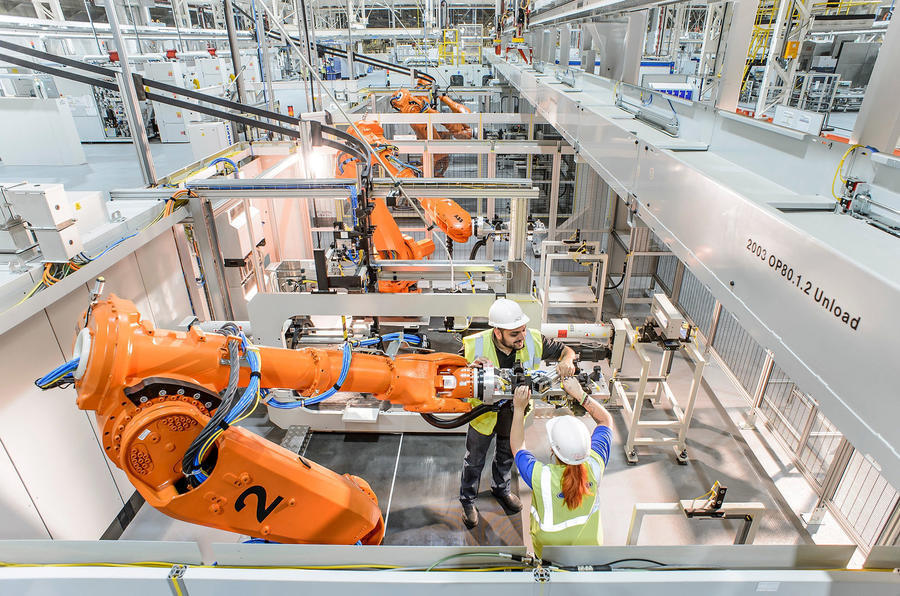The impact of a ‘no deal’ Brexit deal on the UK automotive industry could cost more than £55 billion in production losses in the next five years, according to industry chiefs.
The UK government is currently negotiating with the European Union over a new trade agreement for when the current transition period finishes at the end of this year, with the two sides yet to come to a deal that could allow for ‘tariff free’ movement of goods across the border. If the transition period ends without an agreement, World Trade Organisation (WTO) rules will come into force.
According to analysis by the Society of Motor Manufacturers and Traders (SMMT), the imposition of tariffs could impact automotive manufacturers in the UK and EU by €110 billion (£96bn) – which follows a €100bn (£87bn) hit due to the impact of the coronavirus pandemic.
The SMMT calculates that the automotive production losses that would likely occur if WTO rules are enforced could cost UK industry up to £55.4bn in the next five years. A ‘bare-bones’ trade agreement would have a £14.1bn impact.
In a speech to industry executives and politicians as part of the SMMT 2020 Update Live event, George Gillespie, the SMMT president and Horiba Mira executive chairman, said: “We need a future trading relationship that works for automotive. We’ve already spent nigh on a billion pounds preparing for the unknown of Brexit and lost 28 times that to Covid. Let us not also be left counting the cost of tariffs, especially not by accident.
“Industry can deliver the jobs growth we need and help rebuild a devastated economy, but government must work with us to create the environment for this success. That starts with a favourable Brexit deal and a bold strategy to help transform automotive production in the UK, attract new investment, upskill our workforce and build world-leading battery capability to future-proof our manufacturing. When Covid lifts, we need to be ready; ready to support government to engineer an economic – and green – recovery.”
Following the UK government’s recent announcement that the sale of new petrol- and diesel-engined cars will be banned from 2030 onwards, SMMT chief executive Mike Hawes warned that a ‘no deal’ Brexit could have a major impact on the automotive sector’s ability to develop and manufacture zero-emission vehicles in the future.
The SMMT estimates that trading under WTO rules could add an average of £2000 to the cost of British-built electric cars and would add £2800 to the price of EU-built cars for UK consumers.









Join the debate
Add your comment
Getting fed up with these biased doom and gloom stories from the SMMT. Fact is we don't know. But the motor trade had been hampered whilst we were members so if we remained the outlook "could" have been as just as gloomy.
I am sure their generous donations will more than cover the damage.
An asteroid could hit the UK causing disasterous climatic events. Just because something "could" happen it doesn't mean it will.